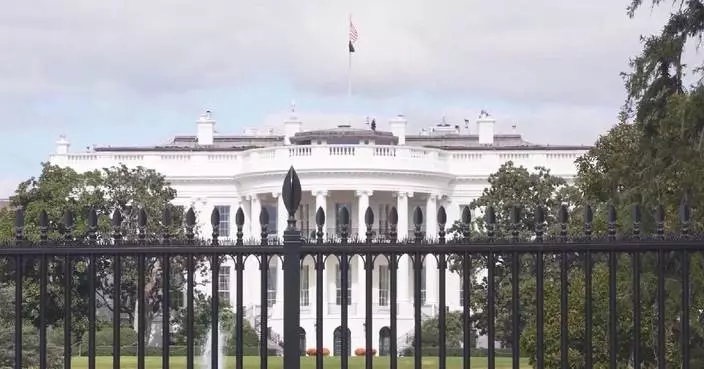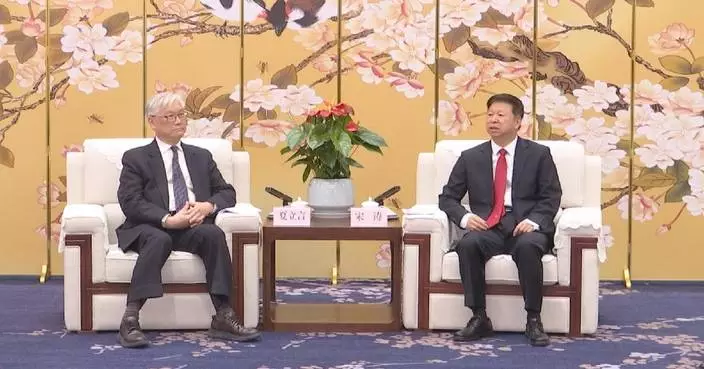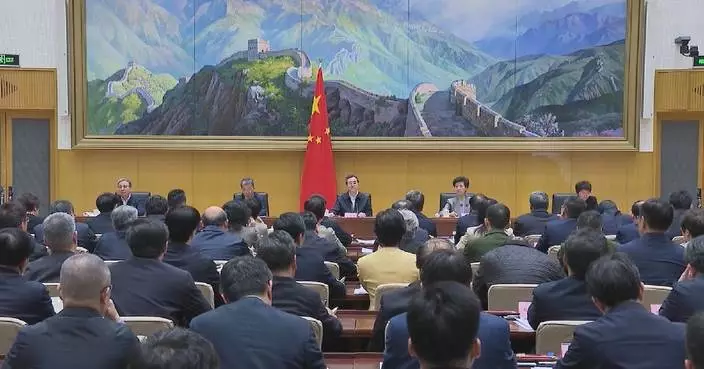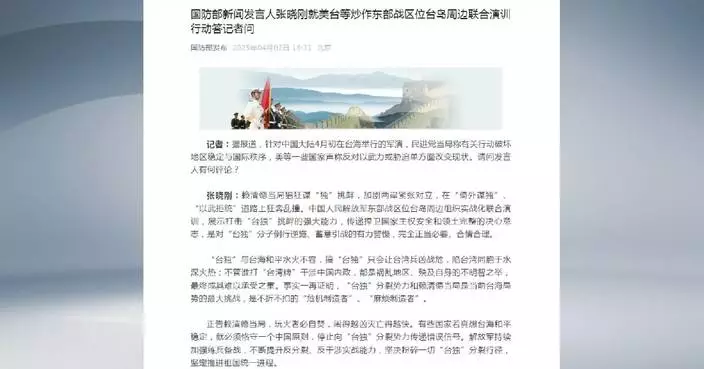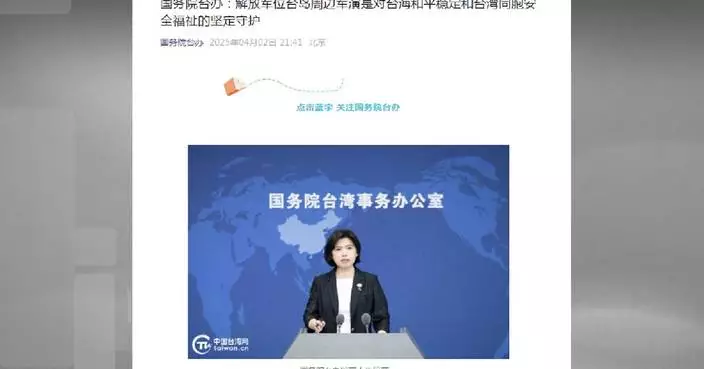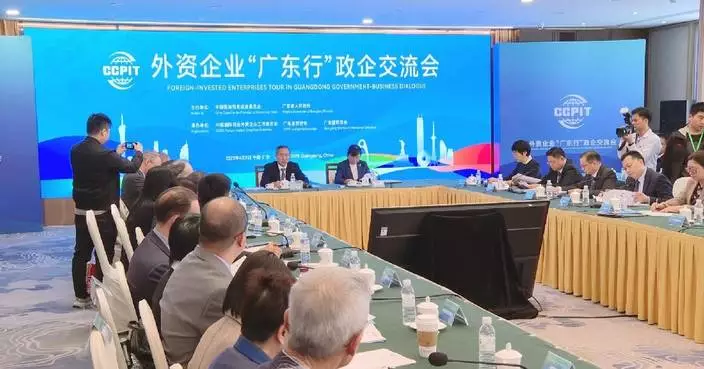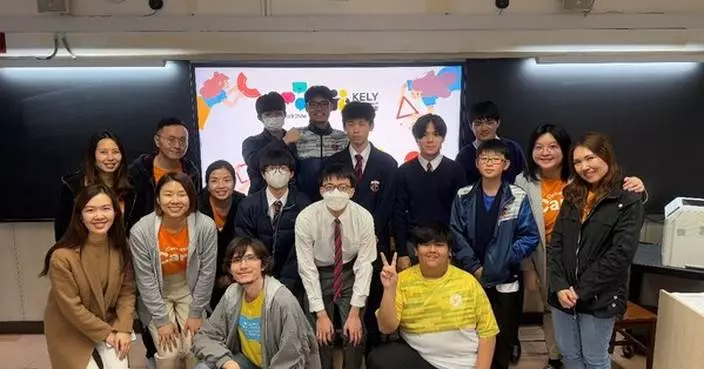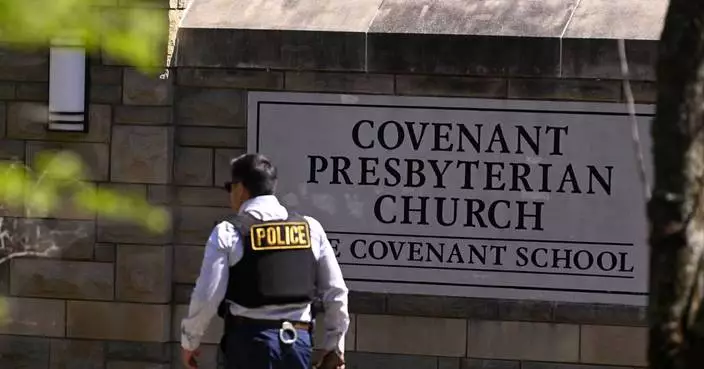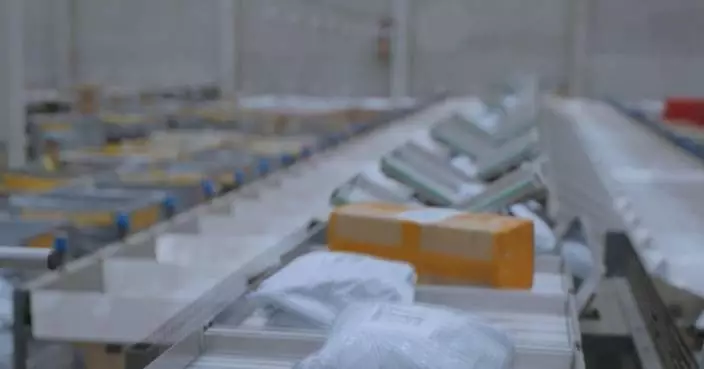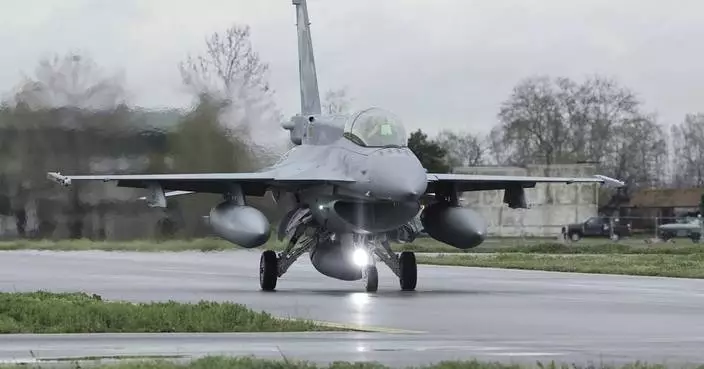Nanjing, capital of east China's Jiangsu Province, on Monday announced the cancellation of sales restrictions on commodity housing, effective as of the same date, as part of the city's efforts to revitalize its property market.
Under the adjusted rule, commodity housing units can be listed for trading immediately after the owner obtains a real estate registration certificate.
In response to a red-hot housing market, Nanjing in 2017 rolled out home sales restrictions, stipulating that newly purchased homes, whether first-hand or pre-owned, would only become eligible for trading three years after the owner had obtained the real estate registration certificate.
Also on Monday, Nanjing announced the usage scope expansion of housing provident funds, allowing a homebuyer's parents and children, who meet certain conditions, to apply to use their housing provident funds accounts to finance the purchase of the house.
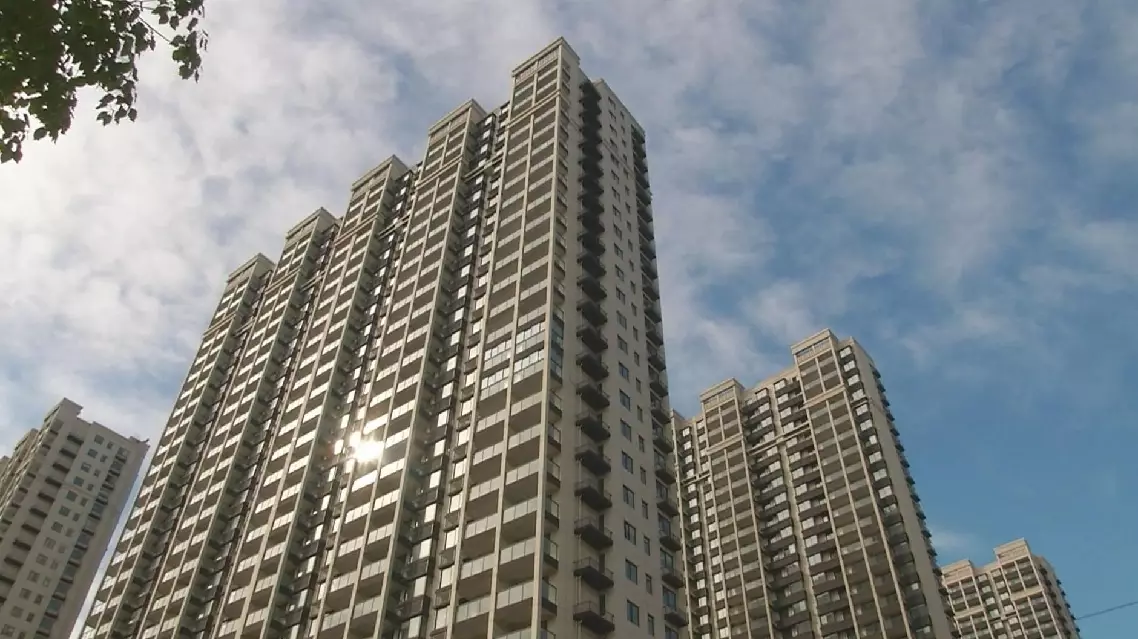
China's Nanjing City fully lifts restrictions on commodity housing sales
A group of 30 young people from Taiwan, organized by the Ma Ying-jeou Culture and Education Foundation, have recently attended a series of Confucian cultural events in east China's Shandong Province, contributing to strengthening communication between young people from the mainland and Taiwan, and helping promote cross-Strait relations.
On Monday, the 2025 Cross-Strait Confucius Cultural Spring Gathering opened in Qufu City of Shandong, the birthplace of Confucius. The youth delegation, along with Hsiao Hsu-tsen, executive director of the foundation, attended the launch ceremony.
On Tuesday morning, the delegation watched a Confucius memorial ceremony at the city's Temple of Confucius, where they offered floral baskets and recited classical texts to honor the ancient Chinese philosopher.
Confucius (551 BC - 479 BC) was ancient China’s most famous teacher, philosopher and political theorist, whose ideas have profoundly influenced the civilizations of China and other East Asian countries.
Kung Tsui-chang, a direct 79th-generation descendant of Confucius from Taiwan who also traveled with the youth delegation, expressed his hope that similar cultural exchanges would help strengthen ties between the two sides of the Taiwan Strait.
"The youths from Taiwan and the mainland performed the rituals and played the ritual music together. This cultural resonance transcends language and is the most vivid explanation of our shared cultural root. I believe that by sustained cultural dialogue, compatriots on both sides of the Taiwan Straits, while jointly safeguarding the common cultural root, will enhance mutual understanding, build consensus, and inject more positive energy into cross-Strait peace and national rejuvenation," said Kung, also president of the Confucius Foundation.
During their stay in Shandong, the delegation also participated in other exchange activities in the cities of Tai'an, Qingdao, Zaozhuang, and Jinan.
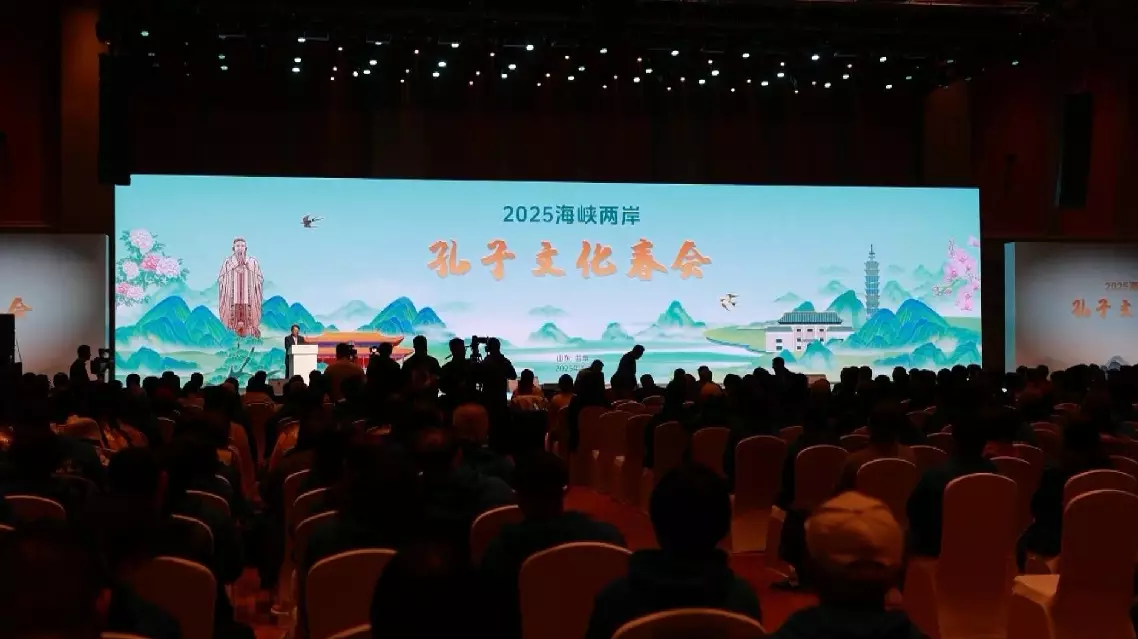
Taiwan's youth delegation attends Confucian cultural events in mainland






